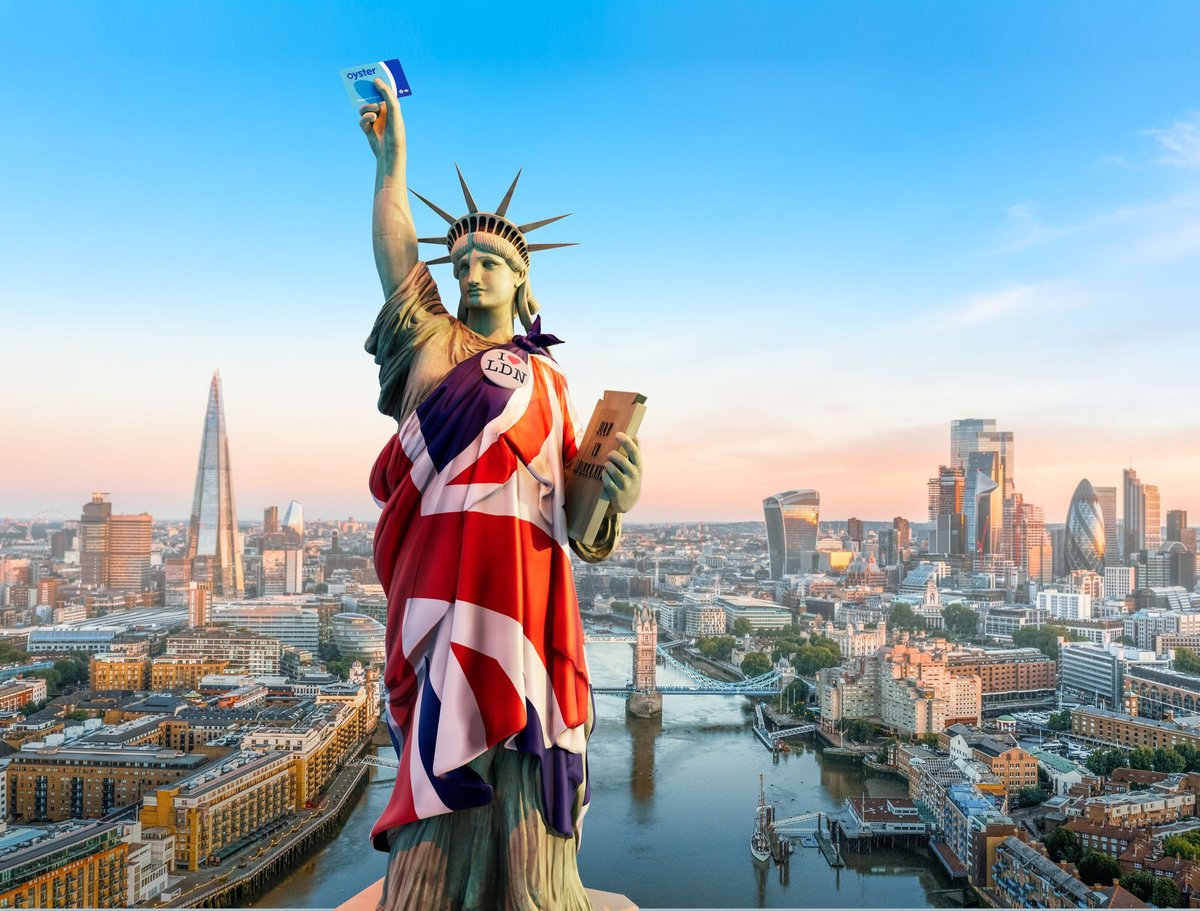An increasing number of Americans are choosing to relocate to London, a trend driven by a confluence of factors ranging from perceived shifts in societal values to tangible economic advantages. This migration signifies more than just a change of scenery; it represents a significant re-evaluation of priorities for many US citizens seeking a new equilibrium across the Atlantic.
A primary draw for American expatriates is London’s comparatively lower cost of living, especially when factoring in the efficiencies of the National Health Service (NHS). Unlike the complex and often expensive healthcare landscape in the United States, the NHS offers a streamlined, publicly funded alternative that significantly reduces financial burdens. Furthermore, favorable exchange rates, particularly the dollar’s strength against the pound earlier in the year, have made everything from daily expenses to property more accessible for those making the move to the UK.
Beyond financial incentives, a palpable sense of unease regarding America’s evolving societal landscape serves as a potent push factor. Relocation experts report clients citing a “change in US societal values” as a key motivation, indicating a deeper cultural and ideological shift rather than just a reaction to political figures. This sentiment is echoed by those who feel the democratic ideals they value are under threat, perceiving London as a stable and welcoming alternative.
The surge in American interest has left a distinct mark on London’s real estate market. Estate agents have observed a dramatic increase in inquiries from US buyers and renters, particularly over the last year, with some referring to this phenomenon as the “Empire state of London.” Areas like St John’s Wood, Marylebone, and Notting Hill are experiencing heightened demand, alongside burgeoning interest in North London neighborhoods such as Kentish Town, Hackney, and Stoke Newington, catering to a diverse range of budgets and preferences.
London’s thriving arts and entertainment scene, particularly its theatre, is another magnet. The economic model for theatre production in New York is often cited as prohibitive, making London a more viable and attractive hub for American producers, directors, and performers. The significantly lower costs of producing shows in London, largely due to different union structures, enable a more sustainable creative environment, fostering collaborations and attracting considerable American investment into local productions.
The city’s appeal extends profoundly into the film and television industries, where London has cemented its status as a global production powerhouse. Bolstered by world-beating tax incentives and a relatively liberal attitude, the UK capital hosts major studios like Disney, Netflix, and Amazon Prime, and has served as the backdrop for numerous high-profile American productions, including segments of the Mission: Impossible franchise and Marvel Cinematic Universe films. This robust ecosystem continuously draws American talent and capital.
Adding to London’s allure is its increasingly acclaimed culinary landscape, which now rivals traditional food capitals. Beyond its diverse array of international cuisines, London has embraced American-style dining, with popular establishments offering everything from classic New York-ish eateries to gourmet burger joints. This vibrant food scene ensures that expatriates can find a taste of home, eliminating the need to travel back to the US for specific culinary experiences, a factor that contributes to the reported decrease in American tourism to cities like New York.
Ultimately, London’s enduring charm for Americans stems from its unique blend of familiarity and novelty. Its superior public transport, perceived safety, vibrant social scene, and proximity to continental Europe all contribute to a high quality of life. The cultural alignment in arts, culinary innovation, and fashion, described as “the same but different” when compared to New York, fosters a deep affection. This rich tapestry of factors explains why London continues to captivate and beckon an ever-growing number of American residents.






Leave a Reply